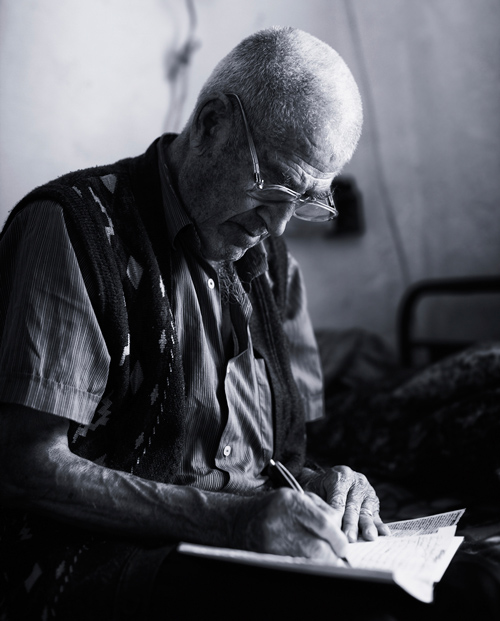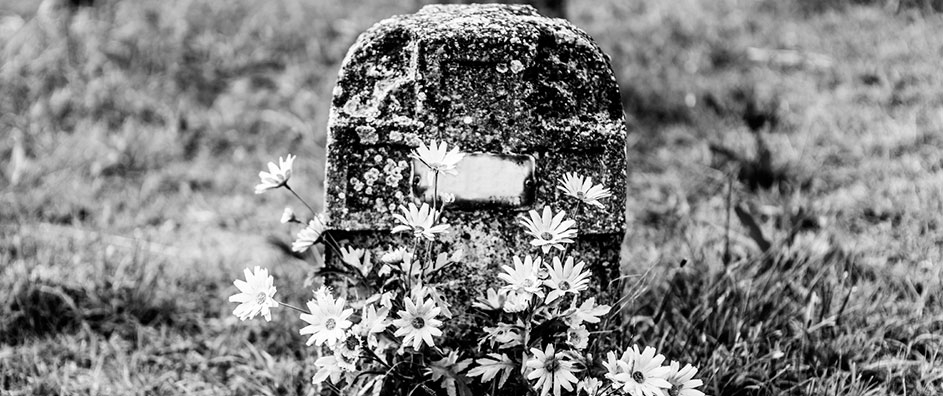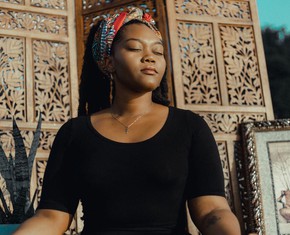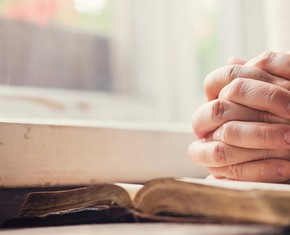The views expressed in our content reflect individual perspectives and do not represent the authoritative views of the Baha'i Faith.
Assuming I die from “natural causes”—whatever that means—I could endure another five or ten years. But it seems that as I approach my biblically allotted three score and ten (age 70), the chance of my meeting the same fate as my now deceased colleagues increases incrementally by the hour. Actuarially speaking, if a doctor were to tell me in somber tones, “John, I am afraid you have only ten years to live,” I would be an idiot not to be delighted—seventy-eight years is longer than most of my male relatives lived so far.
But recalling as I do how quickly the past ten years have gone by, as well as considering what most men look like at seventy-eight, I would probably respond, “Hey, that’s not very long at all! I’d better get to work, finish all my projects, and, most important of all, get back into shape!”
 And so that’s what I’m doing as I write this—my work, for so I deem it, and getting into shape. I write in the morning and then I swim laps or work outside in the afternoon. And I am working at a pretty feverish pace because I think each of us, while equal in the sight of God, is endowed with some special contribution to make to our collective project of fashioning a better world. And long ago I decided (correctly, I hope) that an important part of my task in this is to ask important questions, and then attempt as best I can to discover sensible and convincing answers. My end product may not always redound to the common good, but at the very least I receive some personal benefits and am able to placate my guilt by laboring under the illusion that I am advancing human knowledge about reality.
And so that’s what I’m doing as I write this—my work, for so I deem it, and getting into shape. I write in the morning and then I swim laps or work outside in the afternoon. And I am working at a pretty feverish pace because I think each of us, while equal in the sight of God, is endowed with some special contribution to make to our collective project of fashioning a better world. And long ago I decided (correctly, I hope) that an important part of my task in this is to ask important questions, and then attempt as best I can to discover sensible and convincing answers. My end product may not always redound to the common good, but at the very least I receive some personal benefits and am able to placate my guilt by laboring under the illusion that I am advancing human knowledge about reality.
But if we are entirely honest about this matter, we should confess that it would be best for us not to wait until age sixty-eight or even fifty-eight or forty-eight to contemplate these critical matters about those parameters that define us, these milestones in our segmented lives that lead us to this end time, the “End of the Line,” as the Traveling Wilburys sing it. Let us pretend that the doctor has told our mothers, “Sorry, Mrs. Jones, but your child as an American male human being will probably not live to see his eightieth birthday.” Is that not also a death sentence? Are we not all, each one of us, given a decree to take our place on death row as soon as we’re born?
From a Baha’i perspective, our individuality begins at conception when the soul emanates from the spiritual realm and assumes an associative relationship with the human body:
Know thou that every soul is fashioned after the nature of God, each being pure and holy at his birth. Afterwards, however, the individuals will vary according to what they acquire of virtues or vices in this world. – Abdu’l-Baha, Selections from the Writings of Abdu’l-Baha, p. 189.
However the soul—from which all our essential human powers and faculties derive—is not dependent on the body. The body is the horse and the soul is the rider. That is why we might say that our first birth into reality takes place in our mother’s womb, and that first nine months is our first life experience. And the more we learn about that existence, the more complex and important we find it to be.
Likewise, the more we come to know about the uterine life, our gestation in preparation for our second birth, the more we realize that what’s going on outside the womb world has a tremendous effect on the life inside—the ME (Mozart Effect), for example. There’s lots of love and external influence that will have a lasting impact on how well we will navigate the next stage of our existence after our second birth into this physical stage of our existence.
Even though our physical life is usually much longer and much more complex by comparison, these formative and foundational stages of our development establish for most of us a lot about our afterbirth attitudes and possibilities, even if, as the Baha’i writings assert, our personality is from the beginning. We are unique at conception, and our measure or capacity has already been meted out by the Creator, though it will be up to us to discover our special gifts and then fulfill our potential:
Divine perfection is infinite, therefore the progress of the soul is also infinite. From the very birth of a human being the soul progresses, the intellect grows and knowledge increases. When the body dies the soul lives on. All the differing degrees of created physical beings are limited, but the soul is limitless! – Abdu’l-Baha, Paris Talks, p. 91.
Next: Shedding Death’s Bear Suit
















Comments
Sign in or create an account
Continue with Googleor